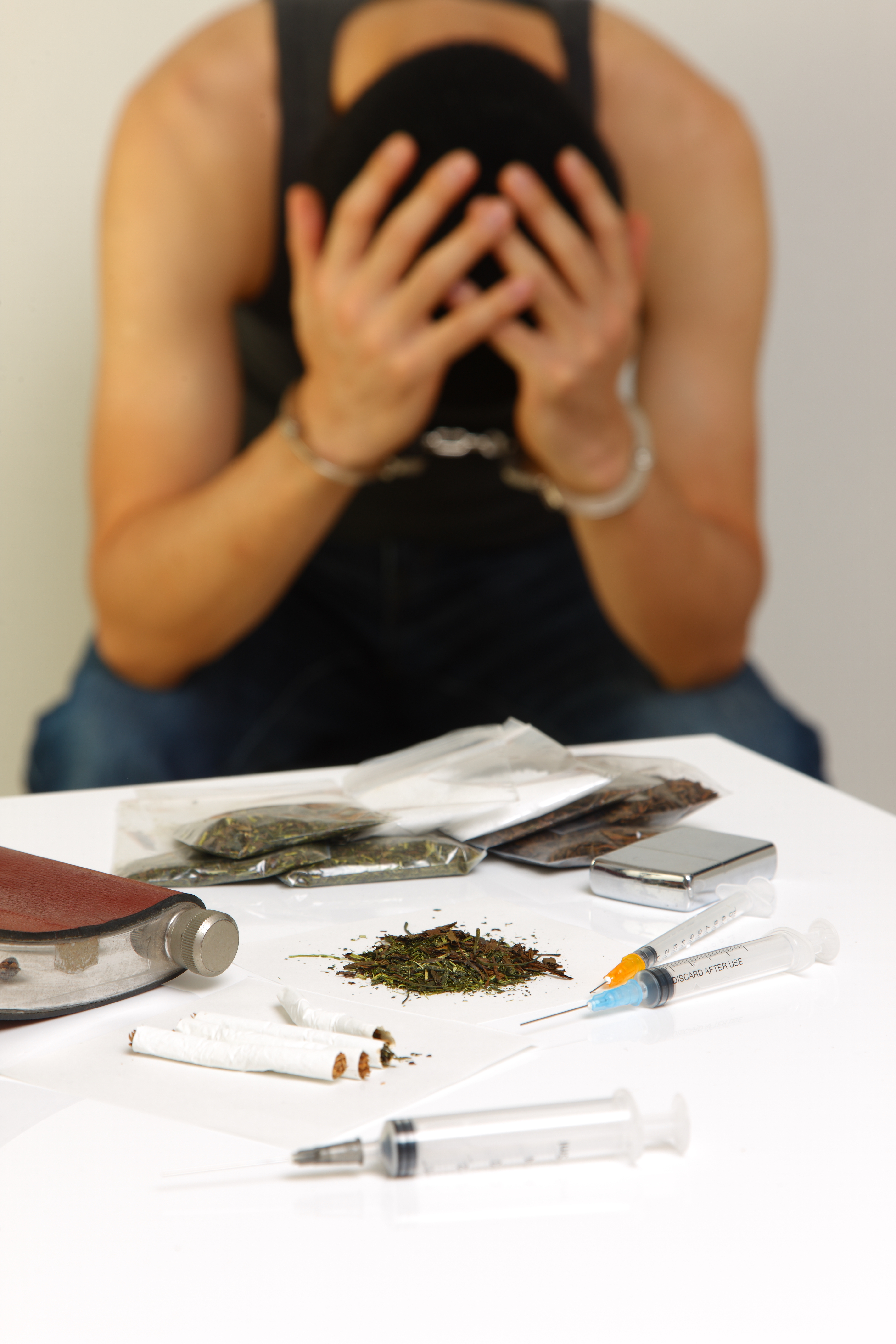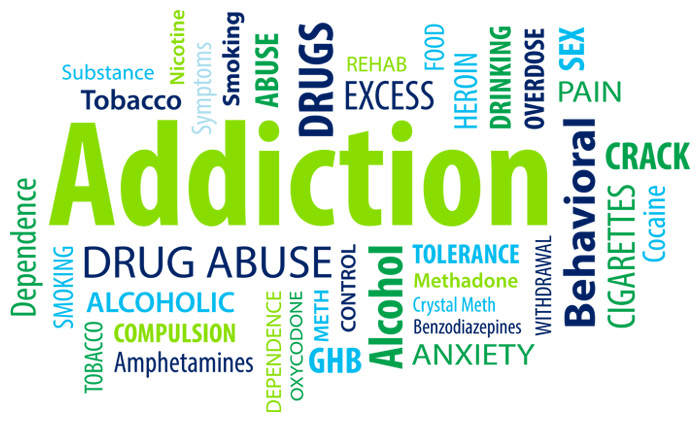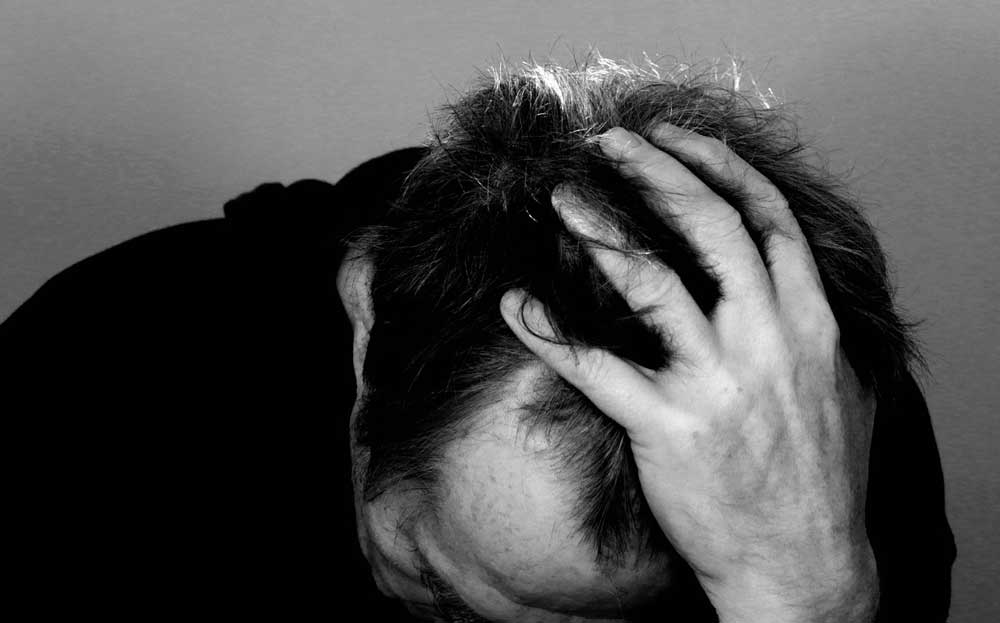Facing addiction realities

Facing addiction realities will give you an opportunity to win the addiction battle
Facing addiction realities: Treating drug addiction medically
The burden of substance abuse is one that everyone will feel even if you’re not affected directly. For a very long time, people have seen users of drugs as people with weak morals in the society and have been associated with all kinds of evil. This is regrettable to say the least. This misconception is now being corrected with the introduction of addiction medicine. This absorption of addiction into medicine has increased since MRI imaging has established that addiction can lead to physical changes in the brain. Because of this w must change our mindset by facing addiction realities instead looking at it as a moral choice. Experts at AWAREmed health and wellness resource center under the leadership of doctor Dalal Akoury reiterates that addiction is chronic disease affecting the brain reward, motivation, memory, and related circuitry. Addiction medicine may still be in its infancy but it aims to provide treatments that are evidence based and proven to work. With such developments, it is possible that addiction can be treated from scientifically approved medications.
Facing addiction realities: Evidenced based addiction treatment
It is important to note that evidence based treatments are those that are backed by reliable and quality research. These are medication which have been scientifically researched on tested and confirmed to be sound for a given treatment. In our context such treatments may include the following include:
- Cognitive Behavioral Therapy for addiction has been extensively studied, and its efficacy is well supported. This uses a psycho-therapeutic approach to the problem.
- There is good evidence that the 12 Step approach does work for many people. The research also indicates that it is not an approach that works for everyone.
- The Community Enforcement Approach is gaining support within the literature. This involves supporting the individual in the community, and it is often combined with a voucher scheme.
- There is reliable evidence to support motivational enhancement therapy as a means to help the individual gain the motivation to quit.
- A number of pharmaceutical agents have been discovered that are of benefit to those looking to escape addiction. These drugs can make the withdrawal period easier or eliminate cravings.
Facing addiction realities: Standard treatments
Professionally doctor Akoury affirms that there is no need for people to choose between standard treatments and alternative treatments. She emphasized that these other approaches are referred to as complementary medicine because the idea is that they should be used alongside evidence based therapies. We must not allow ourselves to lose focus on the ultimate goal of eliminating all manner of addiction from our societies. In that spirit of staying focused, I want to conclude this discussion that increasing hopes for those willing to escape addiction is a worthy course and must be supported. That is why in her own wisdom and great concern to the suffering of many, doctor Akoury made a decision to create this medical center primarily to help in transforming each individual’s life through increasing awareness about health and wellness and by empowering individuals to find their own inner healing power. Remember that doctor Akoury’s practice focuses on personalized medicine through healthy lifestyle choices that deal with primary prevention and underlying causes instead of patching up symptoms. Ours is not just about increasing your hopes but ensuring that your addiction problem is professionally addressed and to hand you back your life for comfort and enjoyment going forward.
Facing addiction realities: Treating drug addiction medically
http://www.integrativeaddictionconference.com/wp-admin








